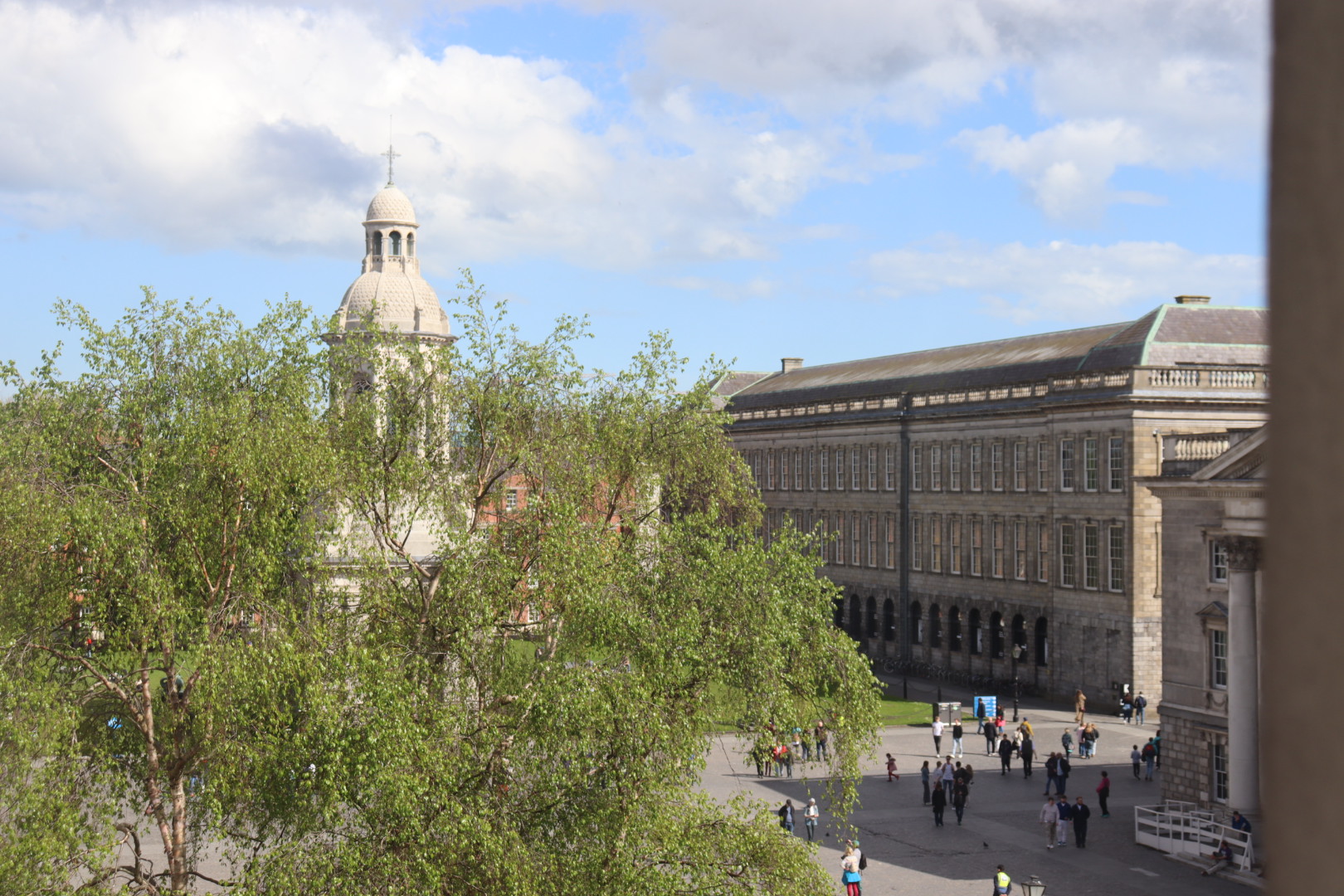Gavin Cooney | Staff Writer
In the nineteenth century, the artists struck back. Post-enlightenment, the rationalization of art, nature, science and religion degraded the writer, the poet and the artist. Cue the backlash: romantic writers eschewed this scientific and sceptical approach to life and celebrated the sublime and aesthetic experience of life. To the romantics, the meaning in life was the experience of it; in its aesthetic beauty. To John Keats, “beauty is truth, truth beauty”. Forget exhaustive explanations or methodical deductions, all that mattered was the sheer beauty of the thing.
In the last ten years, football has undergone a kind of Enlightenment period. Wining was what mattered, how you won became an irrelevance. The ultimate reference point for this is the Greek team of 2004, when an unheralded collection of defensively organised but limited footballers conquered Europe. Otto Rehagel, Jose Mourinho, Rafa Benitez and Giovanni Trapattoni were successful advocates of defensive football, where the individual was subordinate to the collective; where the parts were useful only in unison. Spain, and their glorious tiki-taka began the backlash, but it is still a system of the collective, where outrageous individual skills take a back seat to precise collective passing. By contrast, the great romantics of world football, Brazil, have slipped behind their European counterparts since winning the World Cup eleven years ago. Their only system of playing was self-expression, not self-limitation. Currently ranked 18th in the FIFA rankings, (admittedly skewed by the fact that Brazil have no competitive games to play, as they have qualified for the 2014 World Cup by virtue of their hosting of it) the selecao have faded into football’s equivalent of global obscurity. Football’s modern enlightened age had left the samba stars behind, their carefree, devil may care, joga bonito style archaic and ineffective against packed midfields, tactically astute managers and battling defences.
Now, the artists are ready to strike back. Brazil are back in the public eye as they take on England in a friendly at Wembley stadium tonight. Friendly games are usually meaningless, however this game promises to be different. Brazil host the 2014 World Cup, and dare not fail in front of an expectant home crowd. They have re-hired Luiz Filipe Scolari, the man who guided Brazil to the 2002 World Cup, blazing a trail of beauty while they did it. Most delicious however, is the return of Ronaldinho. Due to the paucity of Brazilian footballers in action since Scolari was appointed a couple of months ago, he is selecting his squad purely on who he believes in, not on form. That is why it is fantastic to see Ronaldinho back in the national squad.
At the height of football’s age of Enlightenment, one man above all others rebelled. Ronaldinho was gratuitously brilliant, performing flicks and tricks just for the heck of it, illuminating the Camp Nou and humbling defenders. Sometimes with a shimmy, sometimes with a flick, sometimes with a nutmeg but always with a smile. It was life-affirming, it was beautiful. Often, there was no need for most of his tricks, but within the lack of their necessity was where the beauty lay. Keats would have been proud of his athletic acolyte; Ronaldinho’s truth lay in the beauty of his fleeting feet. Ronaldinho the romantic had no time for the collective; Pep Guardiola sent him packing from Barcelona for his refusal to conform to his high-intensity approach. Ultimately, Ronaldinho’s greatest strength was his greatest weakness. His rejection of collective effort in order to express himself led to subsequent failure at AC Milan, and is now back in Brazil playing with Atletico Minero. Ronaldinho will return to Europe’s consciousness this evening. It may prove to be a false dawn, but the experience of that false dawn could be beautiful.







